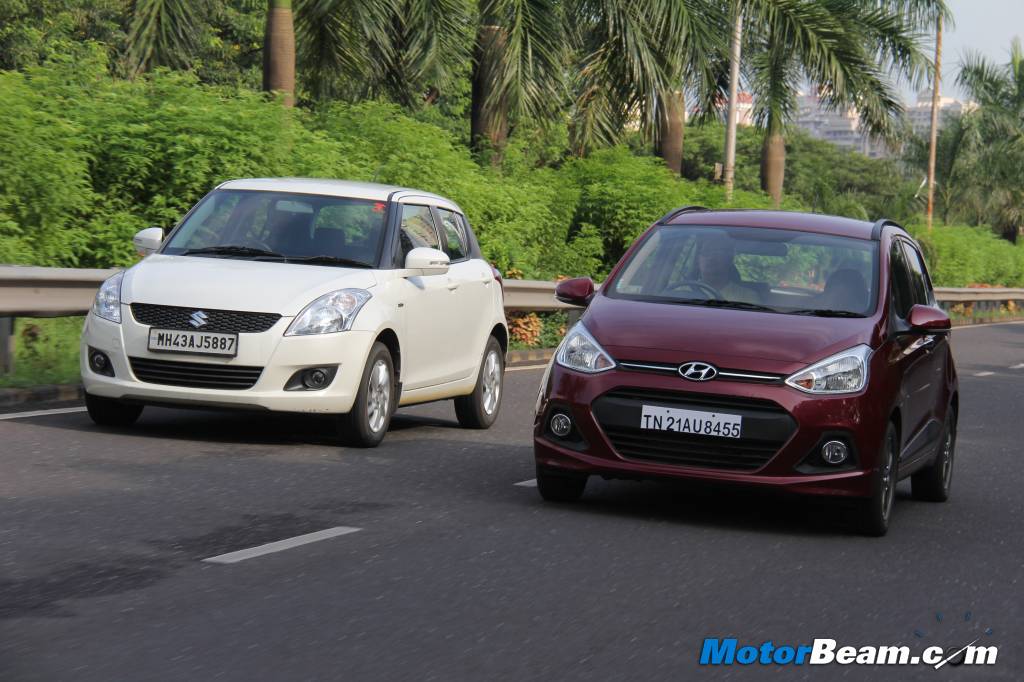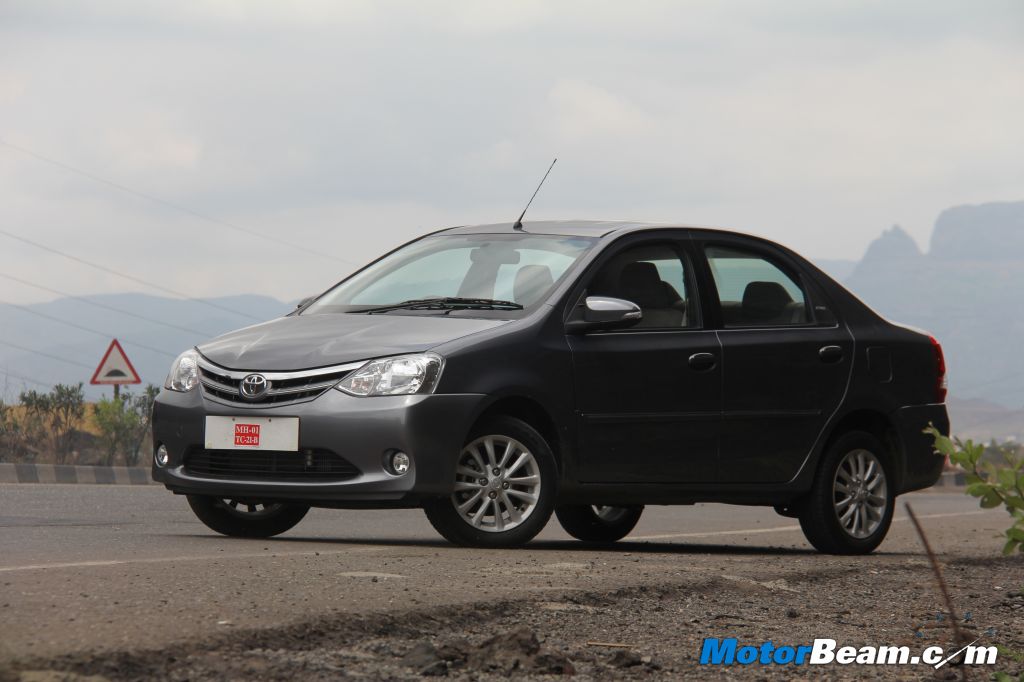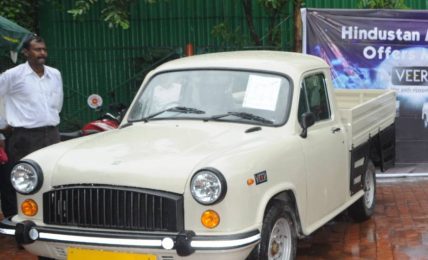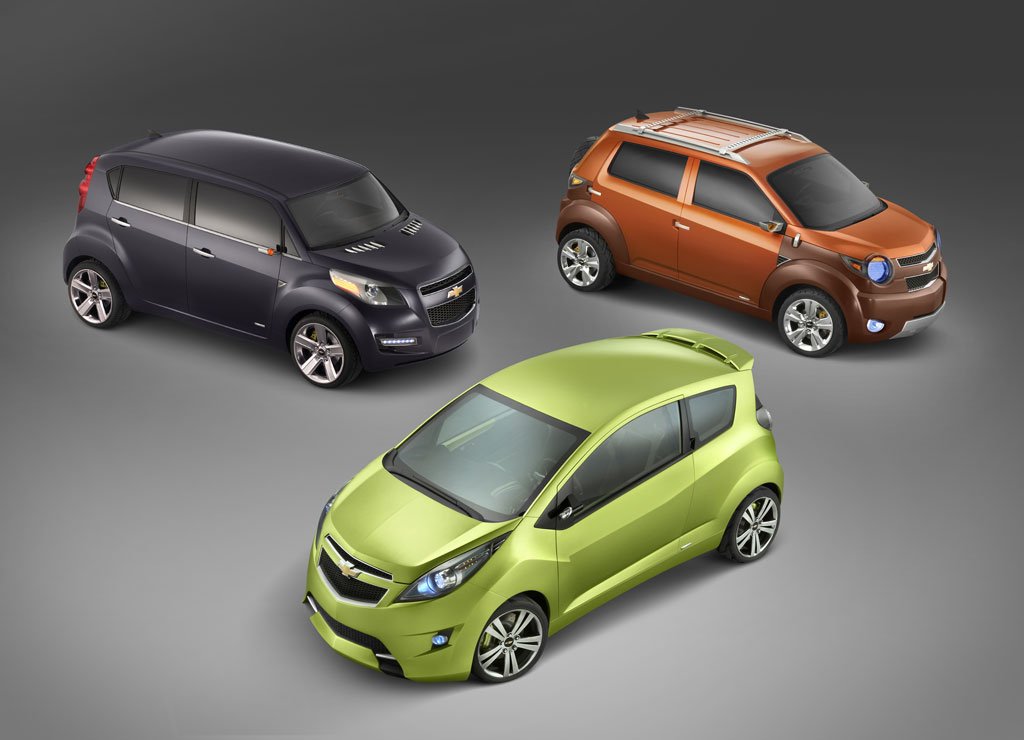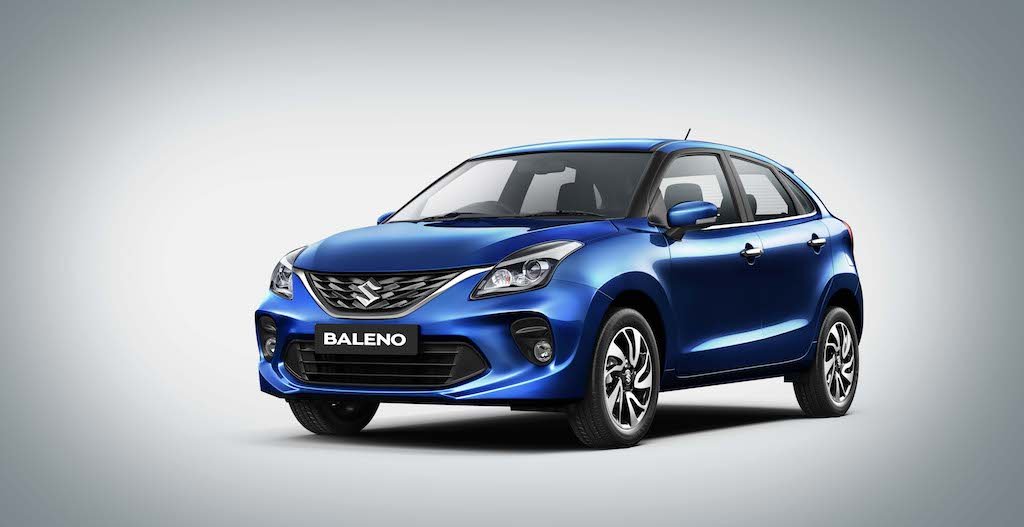India is an emerging market where many companies are coming up with new models back to back. Being price competitive is a very important mantra to survive in this market, that is why we see many cars within the same price band. The prices in our country are so aggressive that even Rs. 10,000/- or an exchange bonus for an old car alters the sales chart. The downtrend of the Rupee is known to all of us and it has hit the auto sector as well.
The holes in the pockets are set to get bigger as companies like Maruti Suzuki, Hyundai, Toyota and General Motors are set to increase the price of their cars. General Motors is expected to increase the price by 1-2%. Premium segment carmakers like Audi and BMW have already announced a hike of 5-10%. The weak rupee value is blamed for this as it has led to an increase in the cost of raw materials. Apart from that, low volumes are also one of the major contributors for this hike. To maintain their profit margins, the companies have decided to hike the prices of their toys.
Most of the companies have laid plans to increase the price of cars from next year with effect from January 1st. Generally we see an increase in price of automobiles in April after the union budget but this year the scenario won’t be the same. The country should brace for a double impact; one in January and the other one in April. Car sales in November have dropped down by 8% while the yearly forecast shows a negative growth of 6%. This is certainly a bad era for the automotive industry with the market still not showing any signs of picking up. The hike should help the companies to roll out their stock in the last month of the calendar year where sales are comparatively low.


